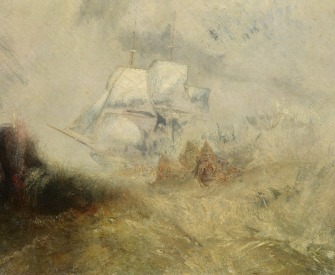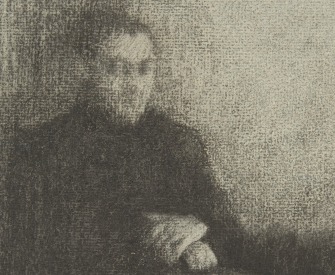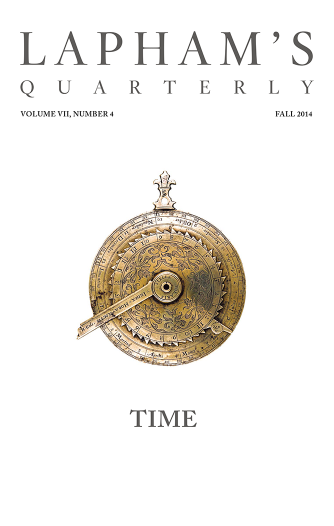Real friends offer both hard truths and soft landings.
—Anna Quindlen, 2012Higher Love
Eliza Haywood wants a soul mate.
Sir,
I happened the other day into some company where the subject of conversation was on the different blessings arising from love and friendship. The greatest part of the company gave the preference to the former, but notwithstanding the celebrated Ardella was one of that number, I could not be complaisant enough to acquiesce, though to a judgment which has the character of being so superior to the greatest part of my sex. I took upon me to maintain that the ideas which arise from friendship, being more pure and spiritual than those of love, could not but afford more true and refined pleasures to a delicate mind than those of a passion which, having always some mixture of self-gratification in it, was liable to a thousand tormenting doubts and anxieties, as we always see among those devoted to it. The one, I said, was a celestial flame, the other a mere earthy vapor, gross and wavering—that the one was immortal as our souls and would continue with us in paradise to all eternity, the other decaying and perishable with our frames and very seldom, if ever, of so long a duration. The one, cried I with some vehemence, finding myself opposed, lifts us to the angelic nature, the other is left to itself and, unaccompanied with friendship’s nobler blaze, would debase us to the bestial.
The energy with which I could not forbear expressing my sentiments on this occasion set the whole company into a fit of laughter and turned the discourse which before was very serious into pleasantry. Everyone, even those who had not been on my side of the question, rallied me in their turn. One called me a Platonic, another a Cynic, a third a Stoic, and all agreed that I was an utter enemy to the tender passion. It was in vain that I endeavored to clear myself in this point. The character is entailed upon me, for ought I know, as long as my pretense to show a sensibility of love in myself or to inspire it in others.
This is a reflection, however, that gives me little pain. To secure the friendship of those I esteem is the chief of my ambition; and as you, sir, stand one of the foremost in that rank, hope you will not take part with the advocates for love against me.
In my opinion, we never show the dignity of our being so much as when we are found capable of relishing the joys of friendship, joys which stand in no need of the senses for support and are truly seraphic. The soul here disdains to stoop to the low gratifications of flesh and blood and, like its divine original, finds its pleasure in itself, its sole aim being to make the happiness of others. No jealous pangs, no anxious cares disturb the tranquility of its ideas and, if ill treated, as too often is the case, may transfer itself to a more worthy object without incurring the censure of inconstancy, as in affairs of love. No little arts are necessary to secure an adequate affection. As we have no regard to the outward frame and are charmed only with those beauties we find in the mind of our friend, there needs no more than to embellish that part in ourselves to preserve blissful union entire.
How then can anyone pretend that such a celestial intercourse is not infinitely to be preferred to all the gross delights of a passion which, however disguised, is sensual and, depending on fancy, is liable to be erased by a thousand accidents so subject to change that it rarely happens, but first or last, one of the parties becomes base and the other miserable?
Your most humble,
And most obedient servant,
Marcella

Eliza Haywood
From Epistles for the Ladies. Named, along with Aphra Behn and Delarivier Manley, a member of the “fair triumvirate of wit” by poet James Sterling, Haywood worked in the theater as an actress before becoming a novelist. The salacious content of her novels, as well as a degrading portrait of her in Alexander Pope’s The Dunciad, led many to conflate the sensational lives of her literary characters with her own. From 1744 to 1746, she published The Female Spectator, the first English periodical written by a woman.


